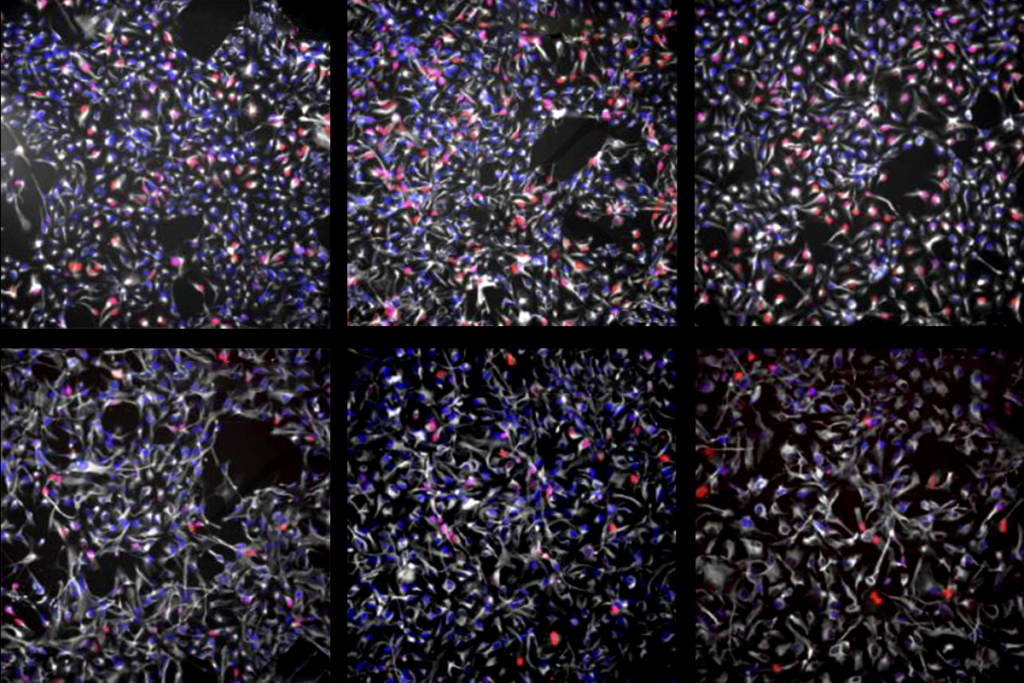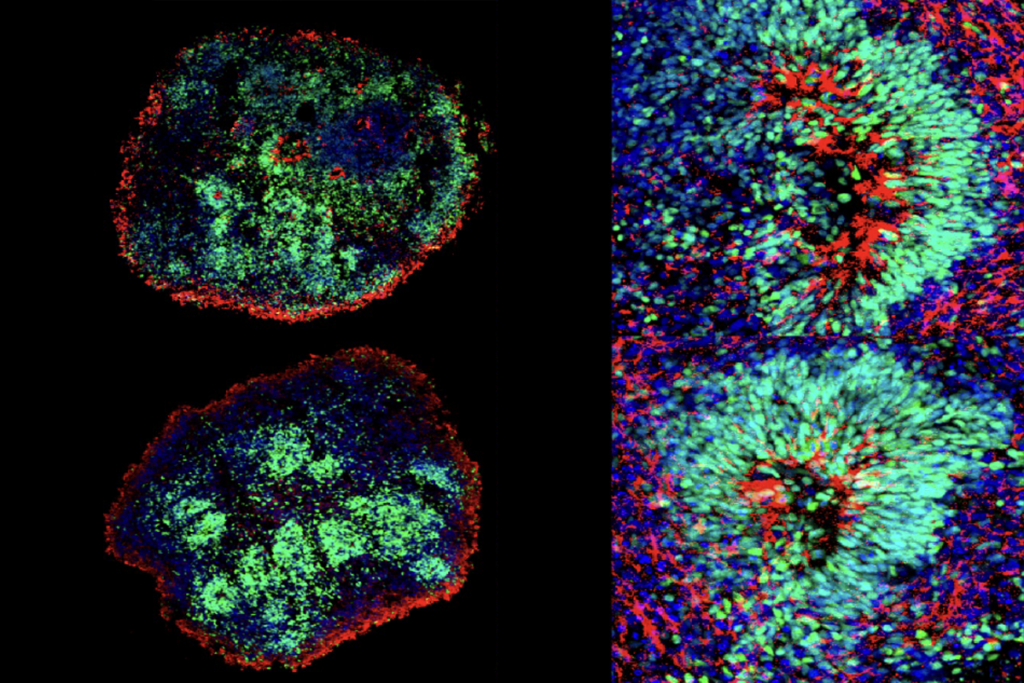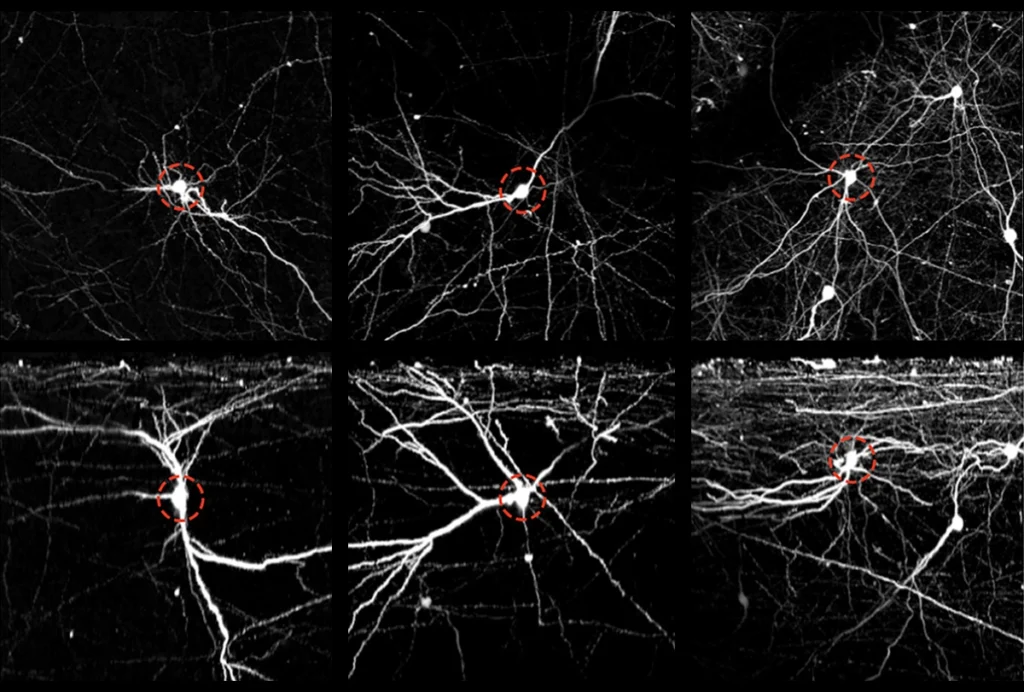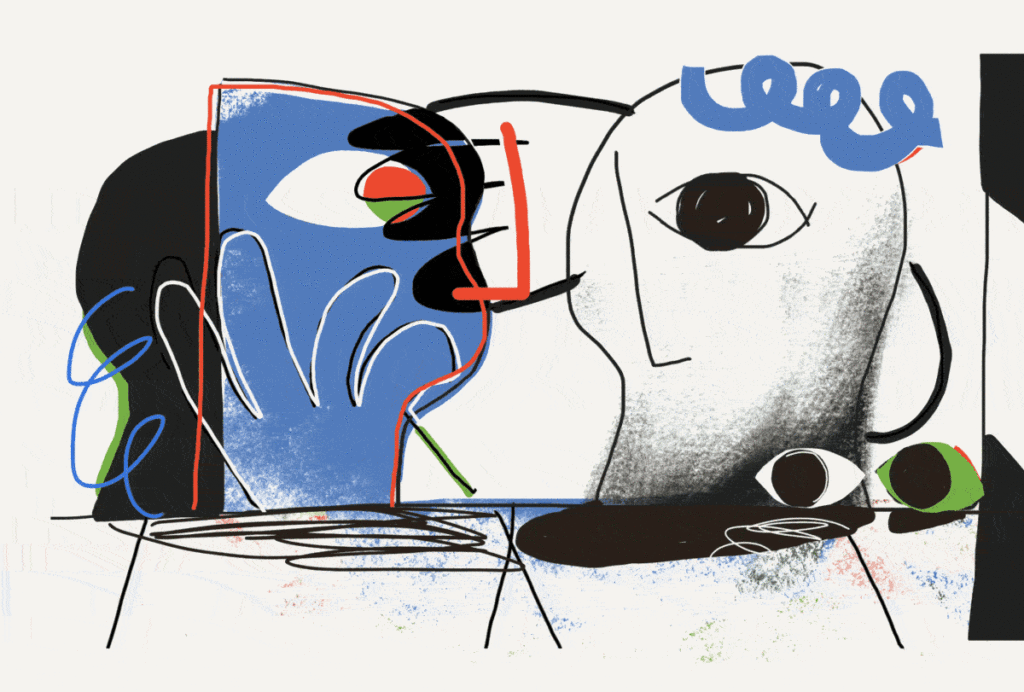As our favorite articles from this year attest, 2024 was a year for self-reflection in the autism field. Scholars pushed one another to rethink the utility of popular concepts and tools, such as prototypicality and the “Reading the Mind in the Eyes Test.” They considered lessons learned in their efforts to build a more globally inclusive scientific community. And at the level of basic biology, they pursued new studies that added nuance to the notion that microglia serve primarily to prune the developing brain. The year also sadly saw the loss of science writer Steve Silberman, a champion of autistic people and their diverse perspectives, whose work transformed how many scientists approach the study of autism.
Microglia’s pruning function called into question
by RJ Mackenzie
Scientists are divided over the extent to which the cells sculpt circuits during development.
The legacy of Steve Silberman and his book, ‘NeuroTribes’
by Emily Willingham
Silberman’s empathic storytelling changed how society—and researchers—view autistic people.
The perils of parachute research
by Linda Nordling
Scientists who study autism in lower-income countries are working to end practices that exploit or ignore collaborators and communities on the ground.
It’s past time to stop using the Reading the Mind in the Eyes Test
by Wendy C. Higgins and Robert M. Ross
The widely used measure of “theory of mind” needs to be re-examined, along with the long-standing claim that autism is linked to a lack of this ability.
‘Prototypical autism’ research is likely a dead end
by Deborah Fein, David Amaral and Einat Waizbard-Bartov
Efforts to define “frank” or “classic” forms of the condition build on several assumptions that the science has not yet borne out.






